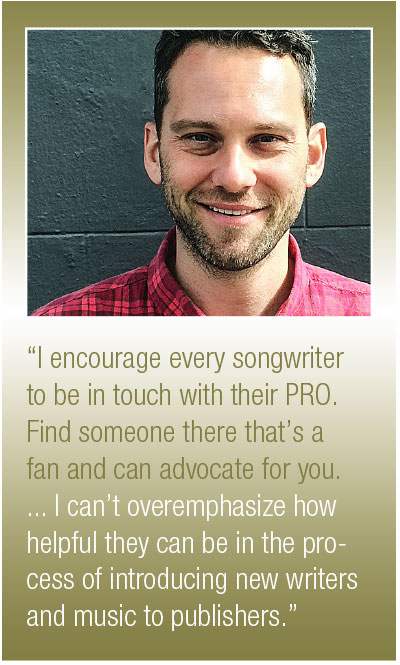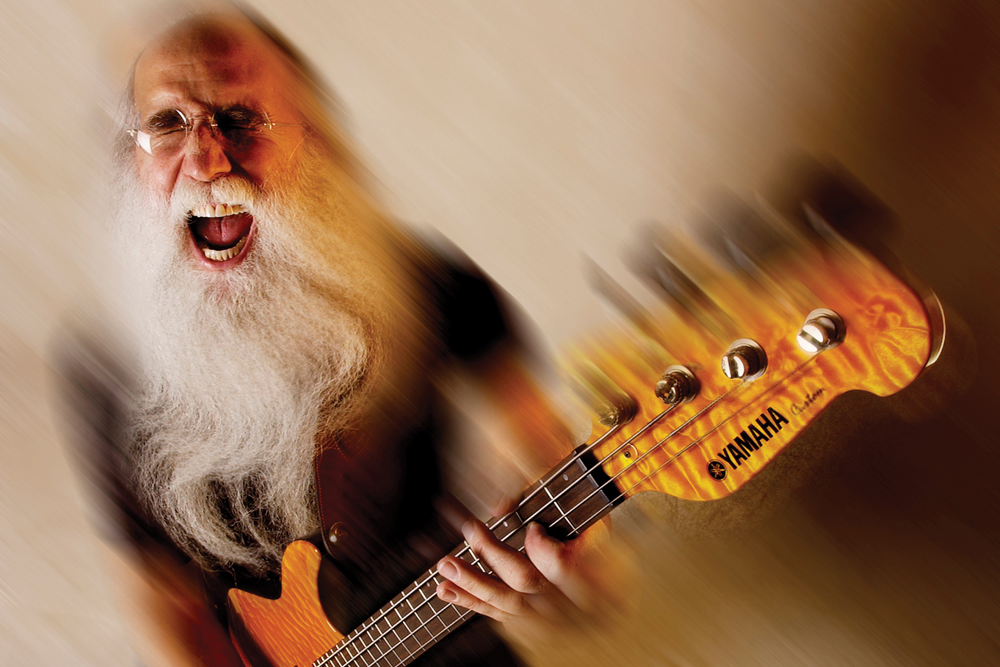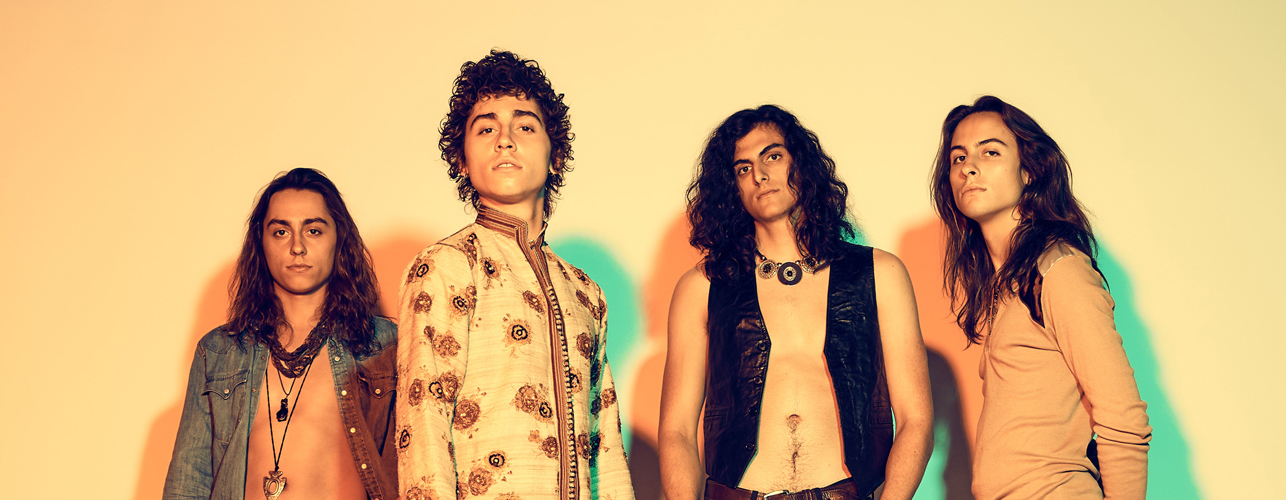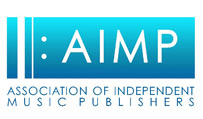 Casey Robison
Casey Robison
Company: Big Deal Music Publishing
Clientele: My Morning Jacket, Birds of
Tokyo, Fidlar
Contact: bigdealmusic.com
Big Deal emerged from the ashes of Chrysalis Music after it was sold to BMG Rights Management in 2010. At the time, Casey Robison worked at BMI, but previously had been employed by Chrysalis where, coincidentally, Kenny MacPherson, Jamie Cerreta and Dave Ayers––three of the five Big Deal founders––also worked. Robison was tapped to join the company a few months after it was launched. The aim was to be both diverse and proactive. Big Deal now maintains offices in Los Angeles, New York, Nashville and London.
What makes Big Deal distinctive?
The diversity of our roster. We don’t like to put our artists into a box or consign them to a specific lane. We range from left-of-center career artists to pop songwriters who create some of the biggest mainstream hits. They can all inhabit the same roster and have shared interests. We want to sign likeminded artists and bands that may be doing different things, genre-wise, but are passionate about music. Teddy Geiger is a good example. She signed to a major label when she was a teenager, but has moved into a new part of her career.
What do you do to make publishing better for the songwriters that you sign?
Our model and aim is to be a full-service, proactive partner to our artists. We’re not going to sign everybody. It’s about finding artists and bands to which we can be a good partner. We’re looking to be in business with artists, bands and writers whose vision we think we understand.
Can you share a story about how an unsigned songwriter came to your attention?
At BMI I worked with an artist by the name of Joe Spargur who was a guitar player in an indie band called A, B and the Sea. I went to San Francisco for some BMI business and met him briefly at his manager’s studio. After we’d started Big Deal, a friend asked if I remembered Joe. He told me that he’d come to LA and was writing pop songs. I reconnected with him––he was just starting to get his feet wet writing for outside artists. We signed him and, over the past five years, he’s written songs for Pitbull, Jason Derulo and [country artist] Thomas Rhett.
How do the songwriters you sign respond to the changes in music?
All of the songwriters I work with are, first and foremost, fans of music. Our community of writers are so attuned to the stylistic changes in music. They often learn about the newest artists and bands and it affects what they create and what their focus is.
How do changes in the music industry––such as artists assuming more independence and posting their songs online––affect publishers?
Publishers have to be aware of changes in the marketplace, whether we like them or not. We have to know how to grow and change and how to be good partners to our songwriters. Ultimately these things affect how revenue is generated.
How has streaming and decreasing album sales affected writers’ incomes?
It’s made songwriting more competitive and the margins are slimmer. It used to be that songwriters wrote for a huge, established artist. It mattered less if you had a single versus an album cut.
Who among your writers are making a big name for themselves?
Teddy Geiger has had an extraordinary couple of years, in terms of Shawn Mendes’ writing and sound. She’s one of his main collaborators. Julian Bunetta has written a lot for Maroon 5 and Dan Wilson just had the new Halsey single.
Do you accept unsolicited material?
We don’t. What I do accept are references and music from lawyers and the PROs [performing rights organizations]. I can’t overemphasize how helpful they can be in the process of introducing new writers and music to publishers. They really advocate for the writers. I encourage every songwriter to be in touch with their PRO. Find someone there that’s a fan and can advocate for you.
In terms of audio quality, how good do you expect submissions to sound?
If the song is great, I and most other people can hear through the bedroom-quality level. Everything always starts with the song. From there, there’s a lot of leeway. I always tell writers to focus on writing a great song. It also depends on what the purpose of the recording is. If it’s for a demo and meant for radio, it has to be very good. •













